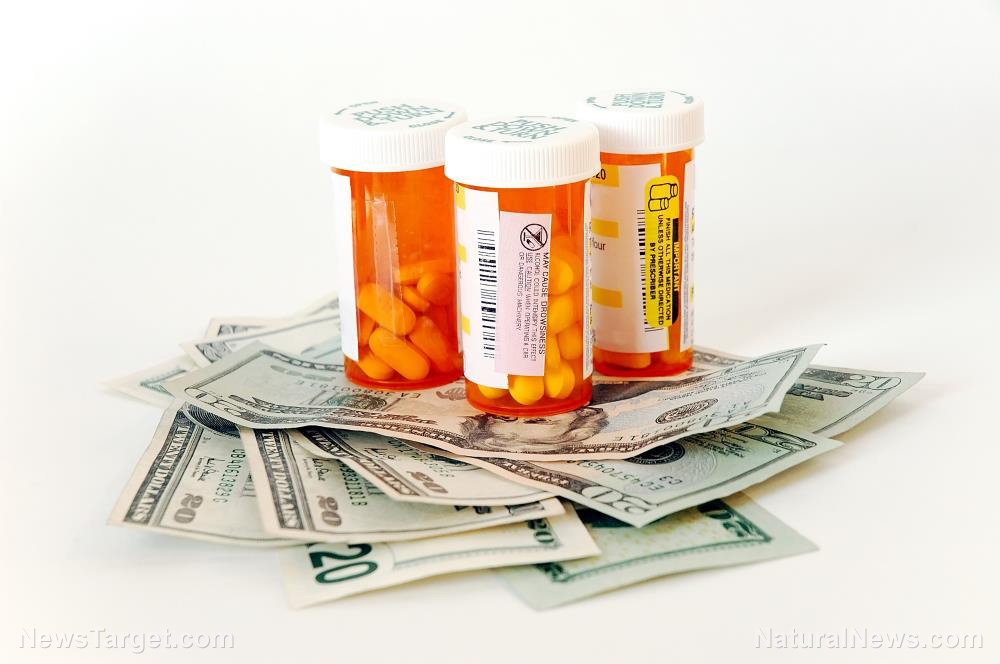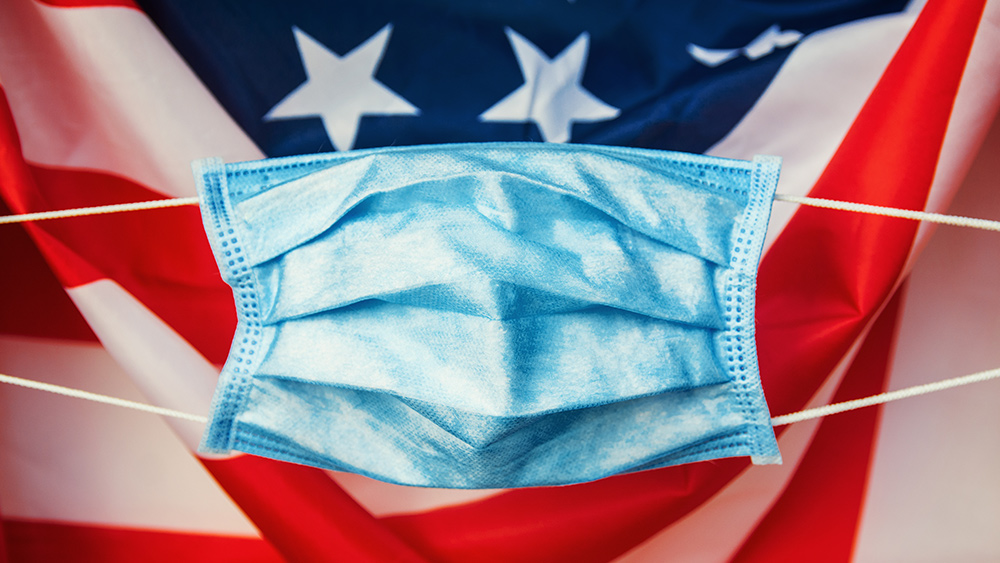Big Pharma kicks off 2021 with price hikes for popular drugs
01/19/2021 / By Divina Ramirez

Drugmakers including Pfizer Inc., Sanofi S.A. and GlaxoSmithKline plc. (GSK) welcomed 2021 with price hikes on more than 300 popular drugs in the U.S., according to healthcare research firm 3 Axis.
The hikes come as drugmakers are reeling from the impact of the coronavirus pandemic on their revenues. The pandemic has reportedly reduced doctor visits and demand for some drugs. Drugmakers also took a hit last July after President Donald Trump signed four executive orders to reduce the cost of prescription drugs.
But that did not stop drugmakers from increasing prices at 10 percent or less. Pharmaceutical giants like Pfizer Inc. and Sanofi S.A. kept almost all of their increases at five percent or less. Meanwhile, GSK hiked prices on two vaccines – Shingrix for shingles and Pediarix for diphtheria – by seven and 8.6 percent, respectively.
On the other hand, the American-Israeli drug company Teva Pharmaceutical Industries Ltd. hiked prices on 15 drugs, including Austedo, a prescription medicine for neurological disorders, and Qvar, a steroid for asthma. Both drugs grossed over $650 million in sales in 2019 and saw price hikes between five to six percent.
Making up for profits lost
Drugmakers also raised the prices of some 800 drugs in 2020. But while drug price hikes seem to be an annual affair, experts have more reason to be cautious about drugmakers raising their prices this year.
For starters, drugmakers are insisting on drug price hikes to compensate for profits lost from creating vaccines for COVID-19 in record time. Industry leaders said making up for lost revenue is important since prescriptions plummeted during the pandemic.
But drugmakers playing hero by developing COVID-19 vaccines only to eventually sell them could have serious consequences for people with serious conditions that require maintenance medicines from these companies.
Pfizer Inc. is an especially big offender in this regard as it raised the prices of its cancer medicines. Pfizer hiked the price of its rheumatoid arthritis medicine Xeljanz as well, which is one of its best-selling drugs.
Of these latest drug price hikes, Pfizer Inc. spokeswoman Amy Rose said the “modest increase” will allow them to continue discovering new drugs and delivering them to patients in need. Rose was referring to the new vaccine that Pfizer Inc. made with BioNTech SE to take advantage of the latter’s mRNA technology.
Meanwhile, Sanofi S.A. spokeswoman Ashleigh Koss said the company plans to increase prices on a number of vaccines by only five percent or less, with more price increases to come over the following weeks. Koss said the price increases will not be above the expected growth rate of U.S. health spending, which is at 5.1 percent.
England’s GSK also defended its price hikes. “Compared to last year, we’ve taken fewer list price increases and we didn’t raise the list price of 18 products across our portfolio,” spokesperson Lyndsay Meyer told CBS News.
But while creating new drugs isn’t a walk in the park, some experts pointed out that drug companies like Pfizer take full advantage of the absence of price regulation by hiking their prices year after year.
Biotechnology investor and chief executive officer of Loncar Investments Brad Loncar said as much in a recent tweet, writing: “Jan 1st has the dubious distinction as the date for annual drug price increases.”
Bruce Booth, a partner at the biotech-focused capital firm Atlas Venture, also blasted the sudden price hike of the multiple sclerosis drug Tysabri. Booth argued there was no justification for the five percent increase of the drug’s price, adding that he was for adjusting prices if inflation or research warrants it. Biogen Inc. had raised the price of Tecfidera as well, another drug for multiple sclerosis, by six percent.
More drugmakers are expected to announce price increases over the following weeks. (Related: Cancer industry drug company ruthlessly raises cancer drug price by 1400% to price gouge patients.)
Learn more about the recent drug price hikes in the U.S. at BigPharmaNews.com.
Sources include:
Tagged Under: Big Pharma, coronavirus, covid-19, economy, pandemic, Prescription drugs
RECENT NEWS & ARTICLES
COPYRIGHT © 2017 BIG PHARMA NEWS





















